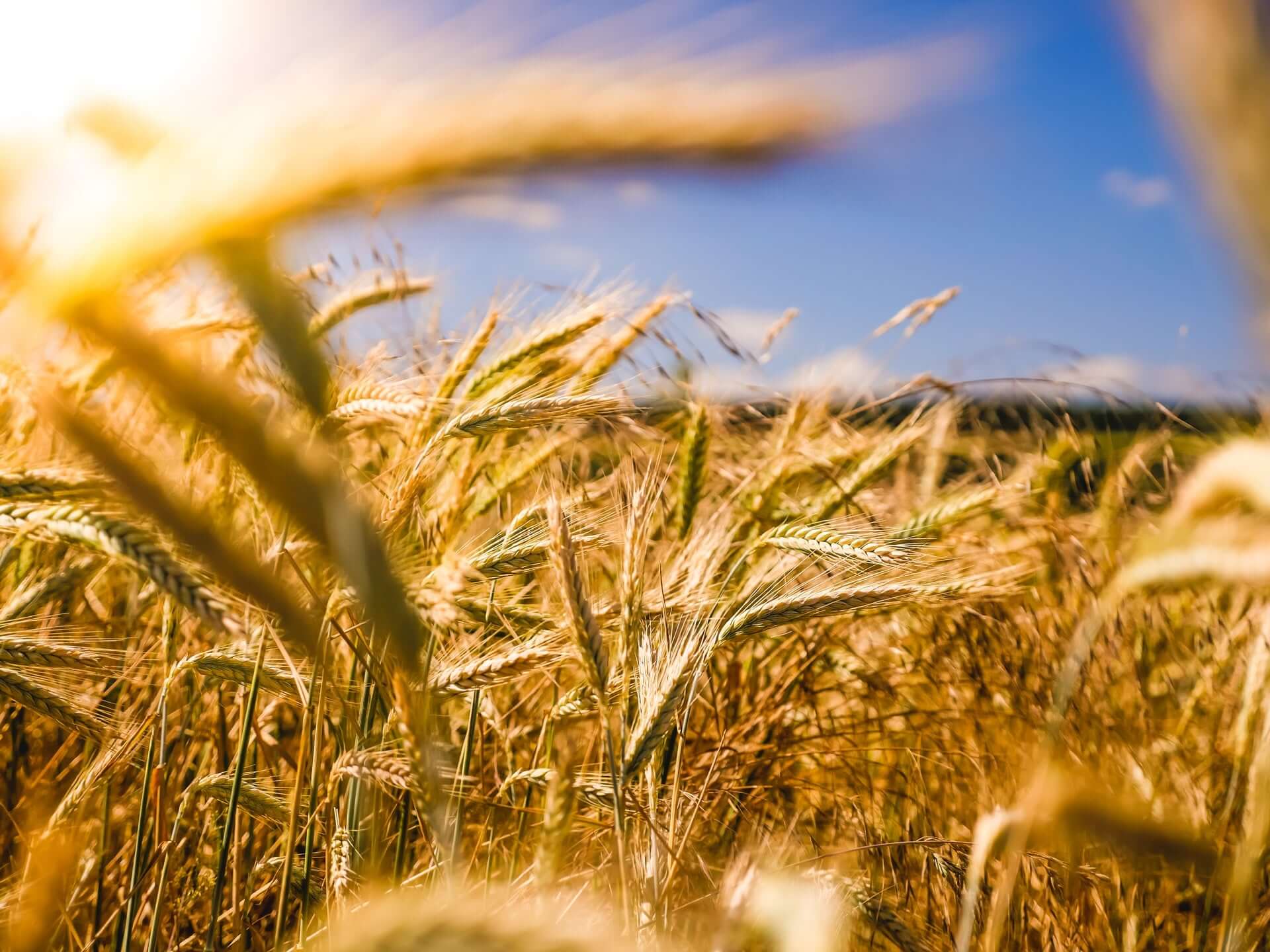
Inhaltsverzeichnis
Regionality – What does that actually mean?
Supermarkets are increasingly advertising “local food”. But what does regional mean in this context? And is the label “regional” linked to certain requirements? That's exactly what we want to find out today.
Regional = environmentally conscious… right?
As consumers, we are increasingly being made aware of the need to shop regionally and seasonally if we want to act in an environmentally conscious manner. How come? Because buying regional food means that the transport routes of goods are shorter and fewer harmful greenhouse gases are released into the atmosphere. In addition, the biodiversity of the region can be promoted by growing different foods. In addition, by buying regional food you can often support smaller businesses and thus the local economy.
It's of course great that more and more people are paying more attention to where their food actually comes from and what impact the consumption of certain foods has on our environment.
This general “trend” of an environmentally conscious customer base is also reflected in marketing campaigns and the general offering in the supermarket: green packaging, vegan substitute products, earth tones, less plastic – and product names such as “regional” or “from the region”.
But if I hold a head of lettuce in my hands in a supermarket in Cologne that, according to the label, comes from Hamburg - is that still regional? I mean, he doesn't come from the Rhineland, but at least he comes from Germany. And what would it look like if the salad came from the Netherlands? Because then it would be an imported product from another country. Nevertheless, there is a high probability that the transport route from the Netherlands to Cologne would be significantly shorter than that from Hamburg to Cologne. So which is better? 🤔
And can coffee beans be labeled “regional” just because they are prepared and roasted in my hometown, even though the beans obviously have to come from far away?
These and similar questions regarding the labeling of a product as “regional” made me curious and I wanted to know what official regulations there actually are…
What do terms like “regional” or “from the region” mean in relation to food?
Well, terms like these naturally mean that the product comes from close by. The problem is that the term “regional” (or similar terms such as “from the region”, “regional origin”, “from home” or “from here”) is neither protected nor defined by law. This means that information like this is very inaccurate and subjective.
The offerer can therefore decide for himself how “big” the region should be. There are also no maximum kilometers or other distance sizes specified. Just like us consumers, production companies and supermarkets also have different ideas about what “regional” means: for some it is a district, for others it is the entire Federal Republic. In addition, the provider can advertise his products with his own brands or seals. As you can probably imagine, the criteria for these seals are very different (you can find an overview of different seals here , for example ). That makes the whole thing not very transparent for us consumers.
A further problem arises when only certain components of the end product come from the region or individual production steps were carried out in the region. There are no “official” rules or regulations regarding the information on the product.
In summary, this means: Regional is not always regional. What does this mean for us as consumers? What can we pay attention to when shopping?

Photo by Tim Mossholder on Unsplash
What this means for our shopping and how we can find regional food
Many retail businesses have developed their own seals, which they use primarily for fresh products such as fruit and vegetables or dairy products. Sometimes even individual farms or cooperation partners are presented on information boards in the supermarket or in in-house magazines. It may help to keep an eye out for such information. It's fun to understand where the food actually comes from.
Apart from that, you should also take a closer look at the product labels instead of blindly trusting signs like “regional”. When it comes to fruit and vegetables, for example, it should always be stated where exactly the food comes from.
Another great option is to visit weekly markets more often. Usually only regional companies are represented here and in many cases you can ask questions directly or get information about the origin of the products because the producers or their representatives are directly present. Many are even happy when you show interest in their company or products. Farm shops are also happy to receive visits!
If you would like to learn more about sustainability, healthy eating, mindfulness or family and pregnancy, check out more exciting blog articles on these topics here .

Photo by Elaine Casap on Unsplash








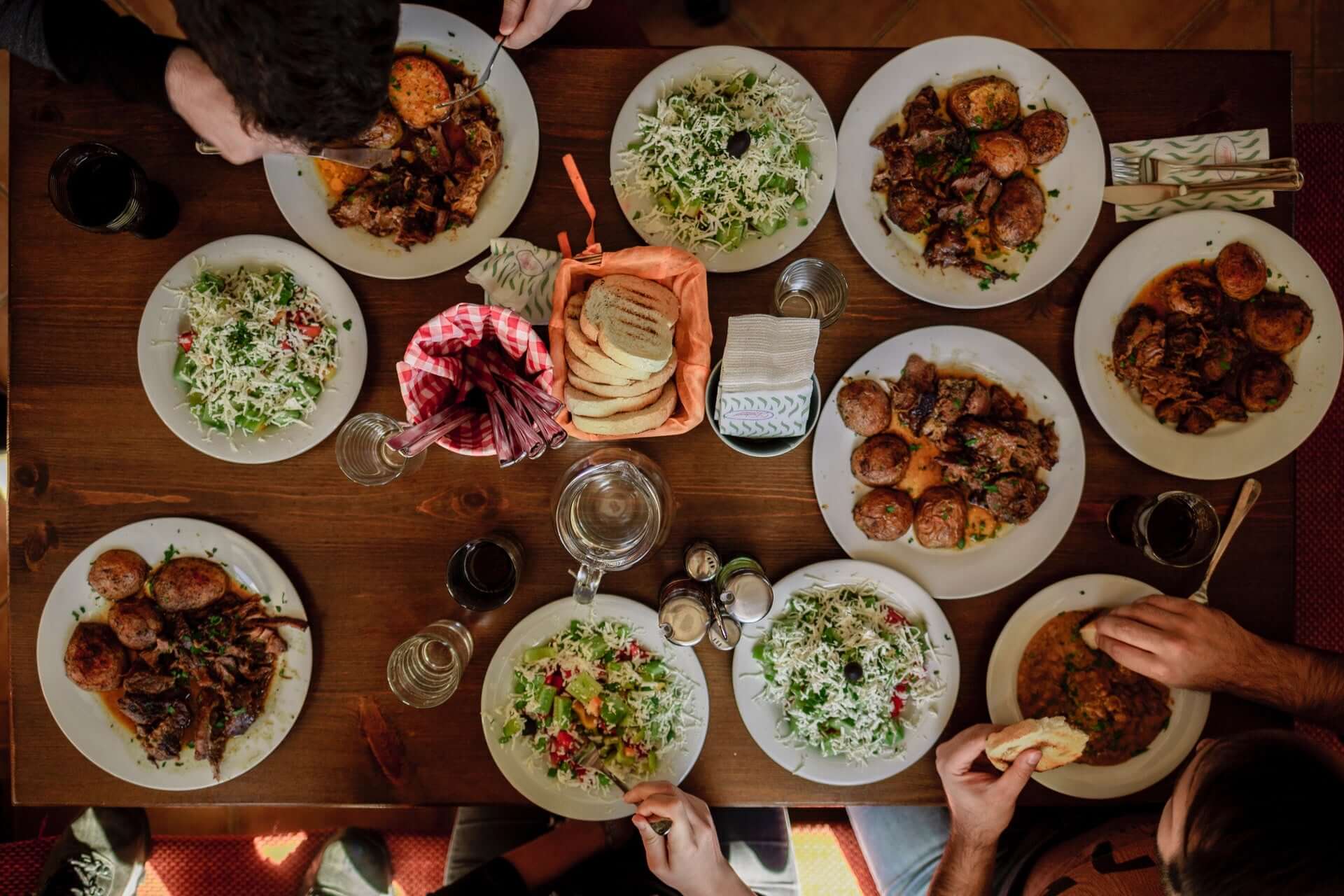
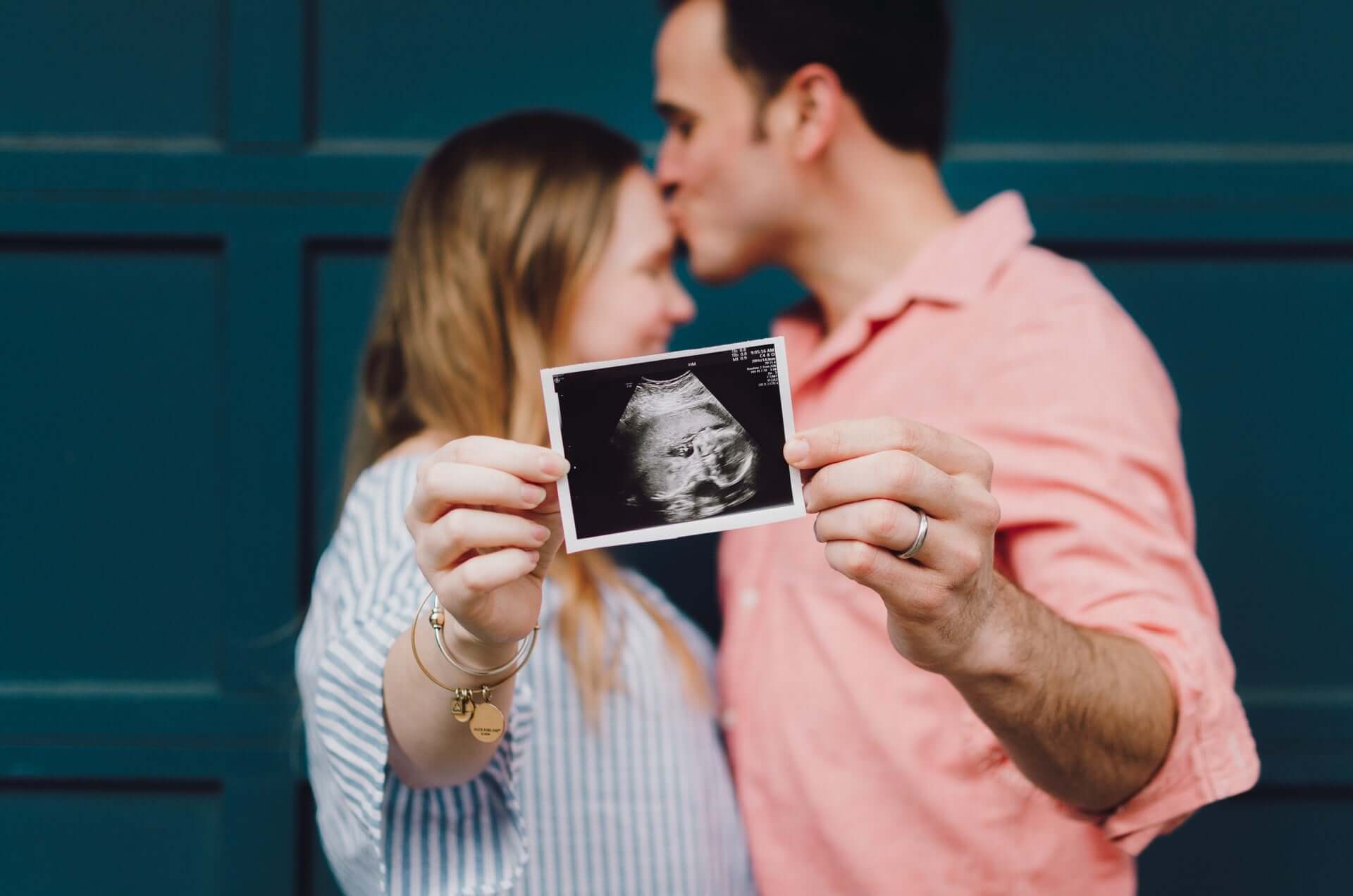


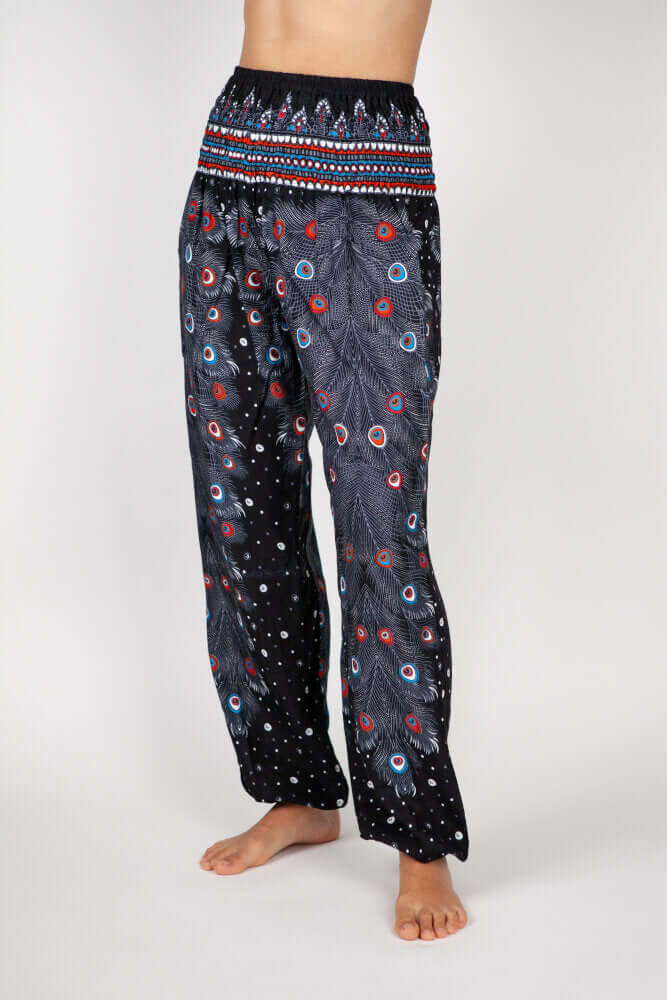



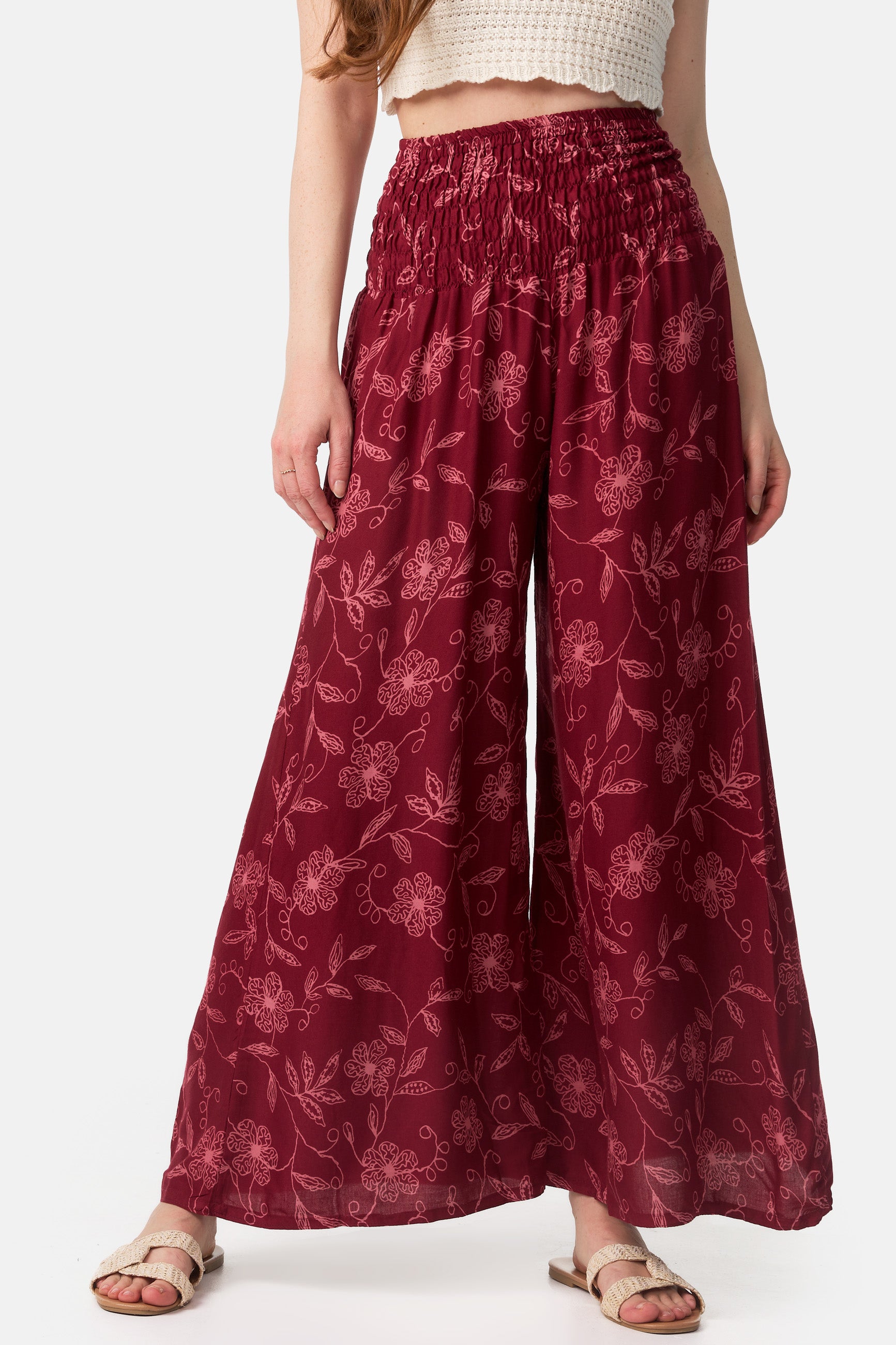



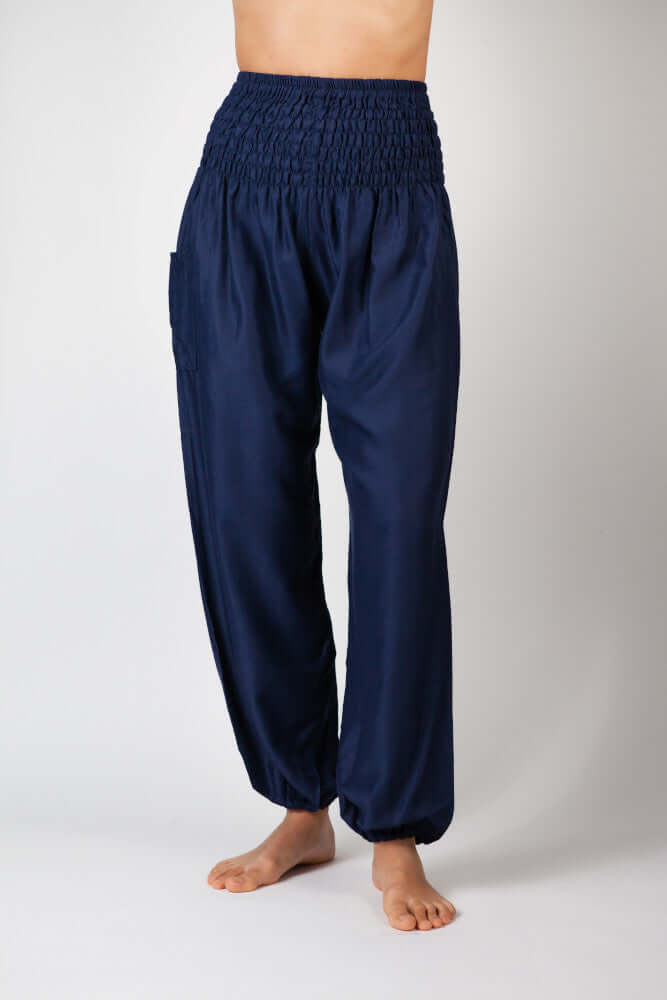



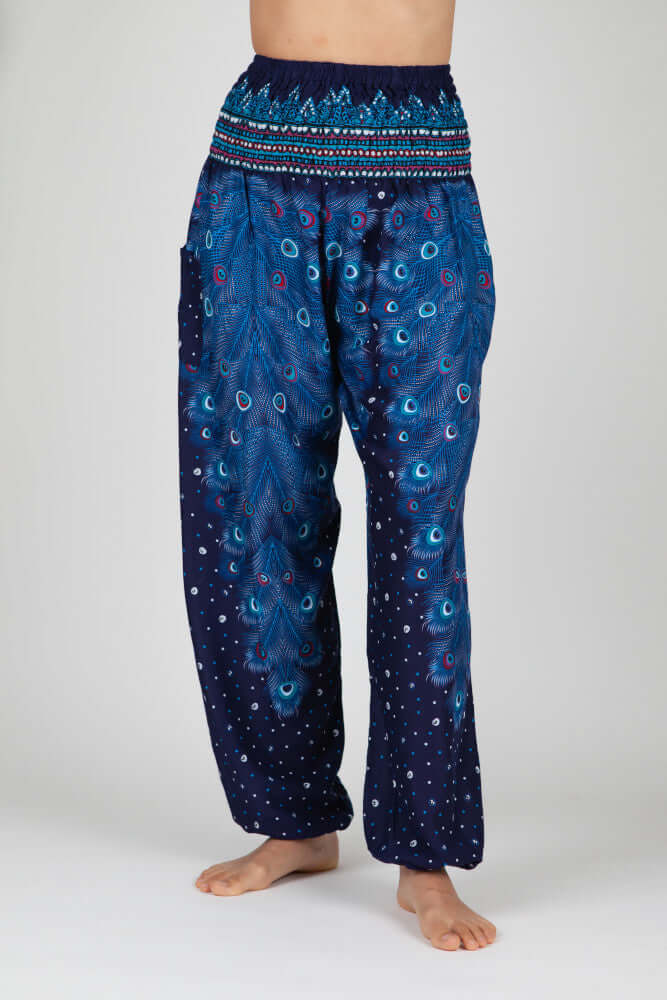

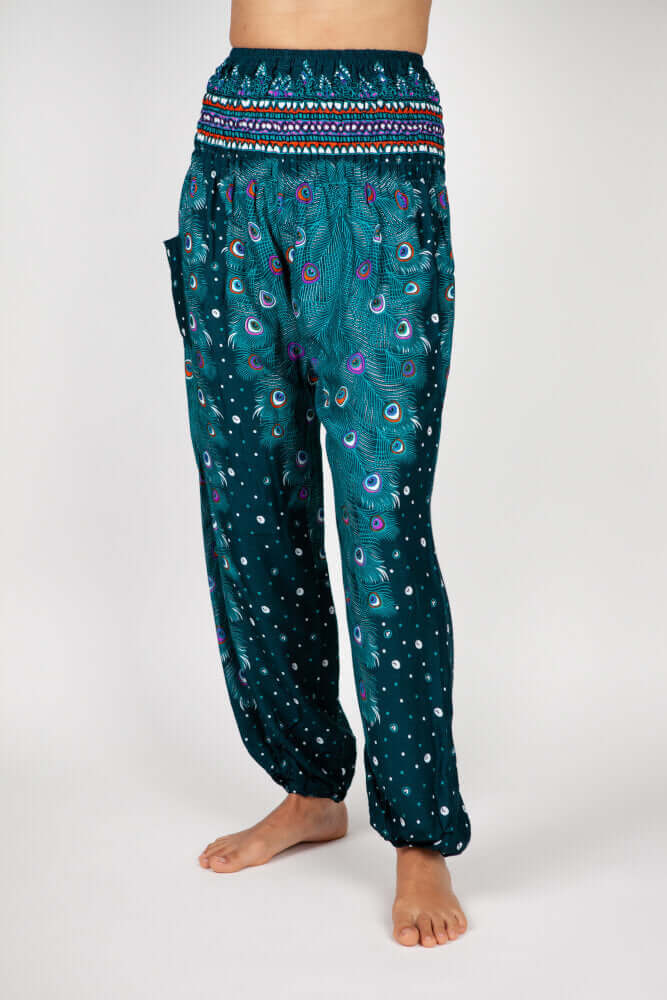
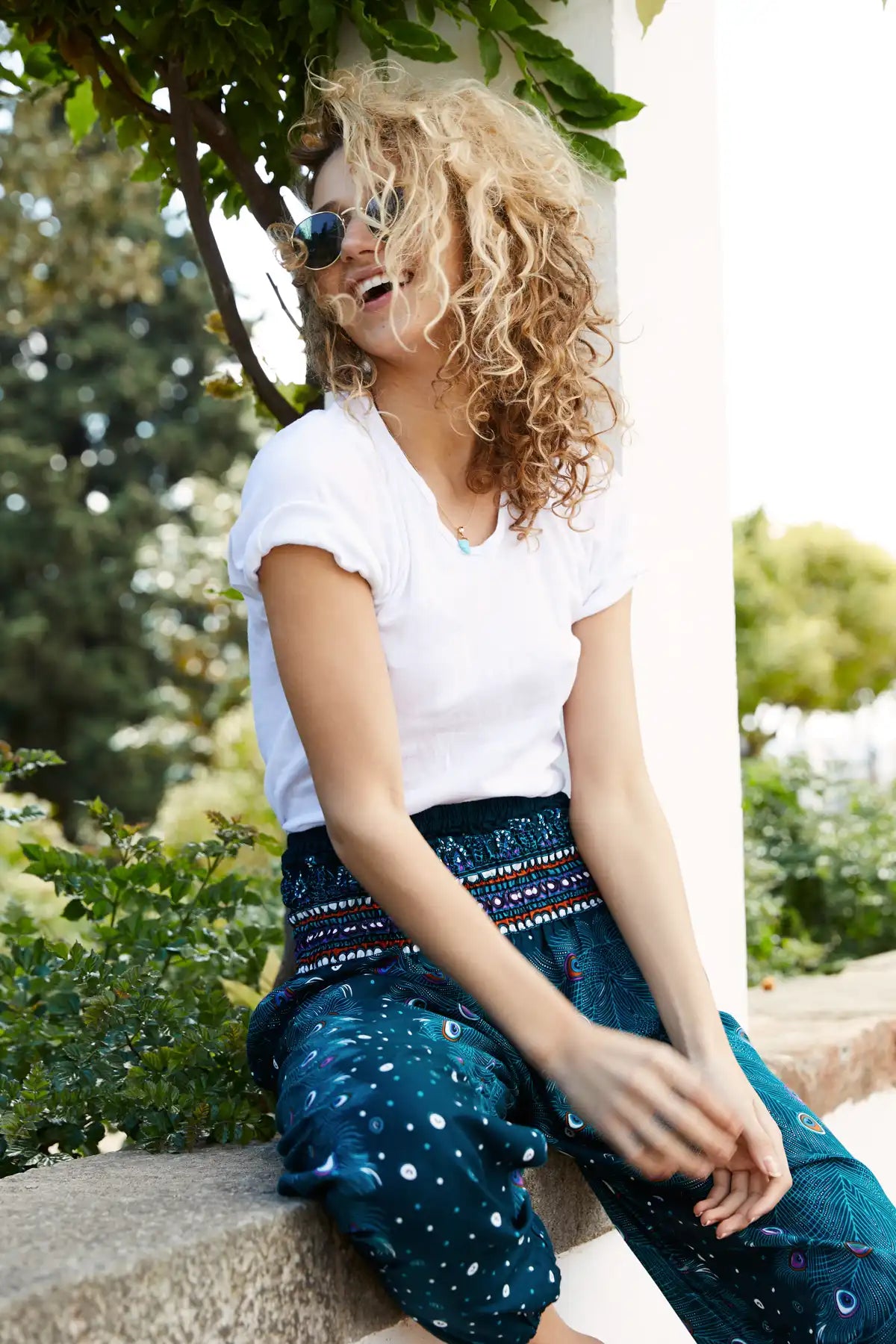
1 comment
Guten Morgen,
danke für die Blog-Beiträge. Find ich gut. Ich selber hab einen Bioladen und kaufe, wenn möglich, direkt bei Erzeugern ein.
Viel Erfolg weiterhin!
Beste Grüsse
Friederike Hanek
Friederike Hanek
Leave a comment
This site is protected by hCaptcha and the hCaptcha Privacy Policy and Terms of Service apply.